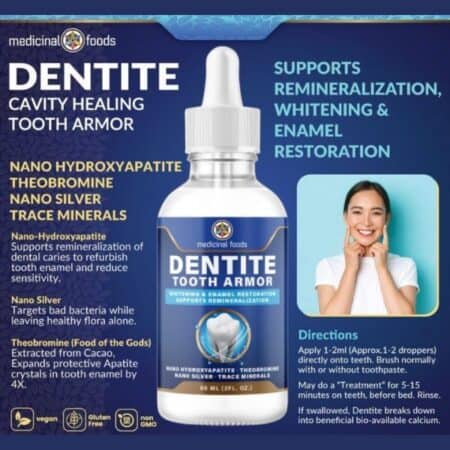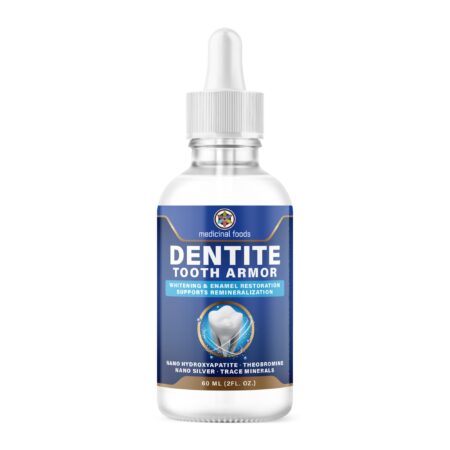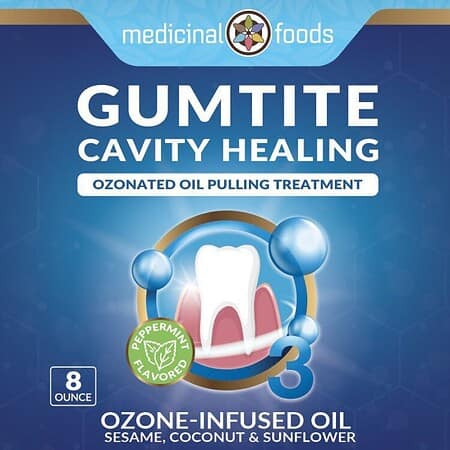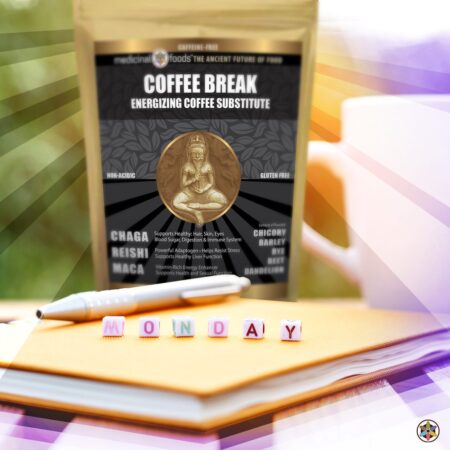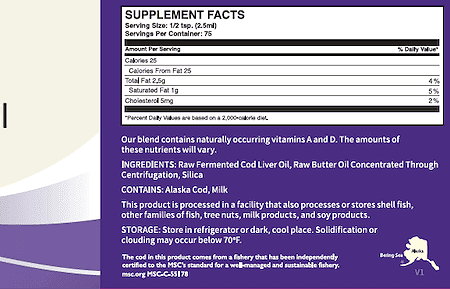If you think you might have ADHD and you have trouble focusing and completing tasks, there are nootropics for ADHD.
If people you know, or you yourself suffer from Attention Deficit Hyperactivity Disorder this is a common condition that can make everyday tasks difficult. Luckily, there are treatments for ADHD, including nootropics.
If you’re looking for a safe way to increase focus, memory, and energy levels without the negative side effects of amphetamines like Adderall or Ritalin, a brain supplement may be an option.
Best nootropics for ADHD
These supplements or drugs that improve cognitive function. They may help people with ADHD focus and stay on task. Talk to your doctor about them as a possible treatment option.
A doctor may prescribe a one to treat a medical condition. Usually, the drug is a type of stimulant, such as amphetamine, that may help treat ADHD, narcolepsy, dementia, or a similar condition.
Prescriptions include modafinil with the generic name Provigil is a stimulant that addresses the sudden drowsiness of narcolepsy, Adderall, which contains amphetamines to treat ADHD.
Methylphenidate (Ritalin), a stimulant that can manage symptoms of narcolepsy and ADHD, memantine (Axura), which treats symptoms of Alzheimer’s disease.
While these can be effective in treating specific medical conditions, a person should not take them without a prescription.
Like any prescription medications, they carry risks of side effects and interactions, and a person should only take them under a doctor’s care.
Common side effects of prescriptions can include high blood pressure, a fast heart rate, insomnia and other sleep disturbances, trouble with vision, addiction.
Some evidence rested Source suggests that people who use prescriptions to improve brain function have a higher risk of impulsive behaviors.
Healthcare providers should work closely with people taking prescriptions to manage any side effects and monitor their condition.
ADHD nootropic stack
The term "nootropic" can also refer to natural or synthetic supplements that boost mental performance. The following sections discuss ones that do not require a prescription.
Many people consume beverages that contain caffeine, such as coffee or tea, because of their stimulant effects. Studies suggest that caffeine is safe for most people in moderate amounts.
Having a regular cup of coffee or tea may be a good way to boost mental focus. However, extreme amounts of caffeine may not be safe.
The Food and Drug Administration (FDA) recommends that people consume no more than 400 milligrams (mg)Trusted Source of caffeine a day. This is the amount in 4–5 cups of coffee.
Women who are pregnant or may become pregnant may need to limit or avoid caffeine intake. Studies have found that consuming 4 or more servings of caffeine a day is linked to a higher risk of pregnancy loss.
Nootropic supplements for ADHD
L-theanine is an amino acid that occurs in black and green teas. People can also take l-theanine supplements.
Studies have shown that omega-3 fatty acids are important to fight against brain aging. Omega-3 fatty acids are among the most well-known and well-studied mental enhancers.
These polyunsaturated fats are found in fatty fish and fish oil supplements. This type of fat is important for brain health, and a person must get it from their diet.
However, a large analysis found "no benefit for cognitive function with omega‐3 polyunsaturated fatty acids supplementation among cognitively healthy older people." The authors recommend further long-term studies.
Many doctors agree that the best way to boost brain function is to get adequate sleep, exercise regularly, eat a healthy diet, and manage stress.
For people who want to boost their cognitive function, supplements may help, in some cases. Anyone interested in trying one should consult a healthcare professional about the best options.
Last medically reviewed on September 18, 2019
L-theanine is a compound that occurs naturally in green tea and black tea, and it is also available in supplement form.
Research suggests that L-theanine might provide a range of health benefits, which may include improved mental focus and better sleep quality.
This article provides an overview of L-theanine, including its potential benefits and risks and its dosage.
L-theanine occurs naturally in black tea.
L-theanine is an amino acid. The human body does not produce this compound, and it is not essential for humans. Green tea, black tea, and certain types of mushrooms naturally contain L-theanine.
L-theanine may affect the levels of certain chemicals in the brain. These include serotonin and dopamine, which influence mood, sleep, and emotion, and cortisol, which helps the body deal with stress.
They can also help treat ADHD by increasing dopamine levels in your brain. A change in the balance of these chemicals can change a person’s mood or stress levels.
If you’re looking for a safe way to increase focus, memory, and energy levels without the negative side effects of amphetamines like Adderall or Ritalin, these may be an option. They’re not as potent as prescription stimulants but they do produce similar results with fewer risks.
However, there aren’t enough long-term studies on their effectiveness so talk to your doctor before trying them out yourself! intro paragraph about medicine for ADHD.
Small studies and tests on animals have shown that L-theanine may offer a range of benefits. Experts consider it to be generally safe, but there is currently a lack of high-quality research in humans to confirm its benefits.
The following sections discuss the existing evidence for the possible benefits of L-theanine.
Many people drink black or green tea while at work, believing that it boosts their mental focus. A 2012 study trusted Source supports this idea.
Hopefully, this article has helped you understand the basics of amphetamine prescriptions. Next time your doctor prescribes one for ADHD, be sure to ask questions about what it is and how it will affect you on both an emotional level as well as physically.
With these basic queries in mind, we hope that you can make informed decisions when considering whether or not to take any prescription medication.
If there are still unanswered questions for you after reading through our blog post, feel free to reach out and contact us anytime!
We’ll do everything we can to help answer them – even if they aren’t related specifically to ADHD medications like Adderall (a type of amphetamine).
Drugs may help treat ADHD by increasing dopamine levels in your brain. Some are not as potent as prescription stimulants but they do produce similar results with fewer risks.
However, there aren’t enough long-term studies on their effectiveness so talk to your doctor before trying them out yourself.



